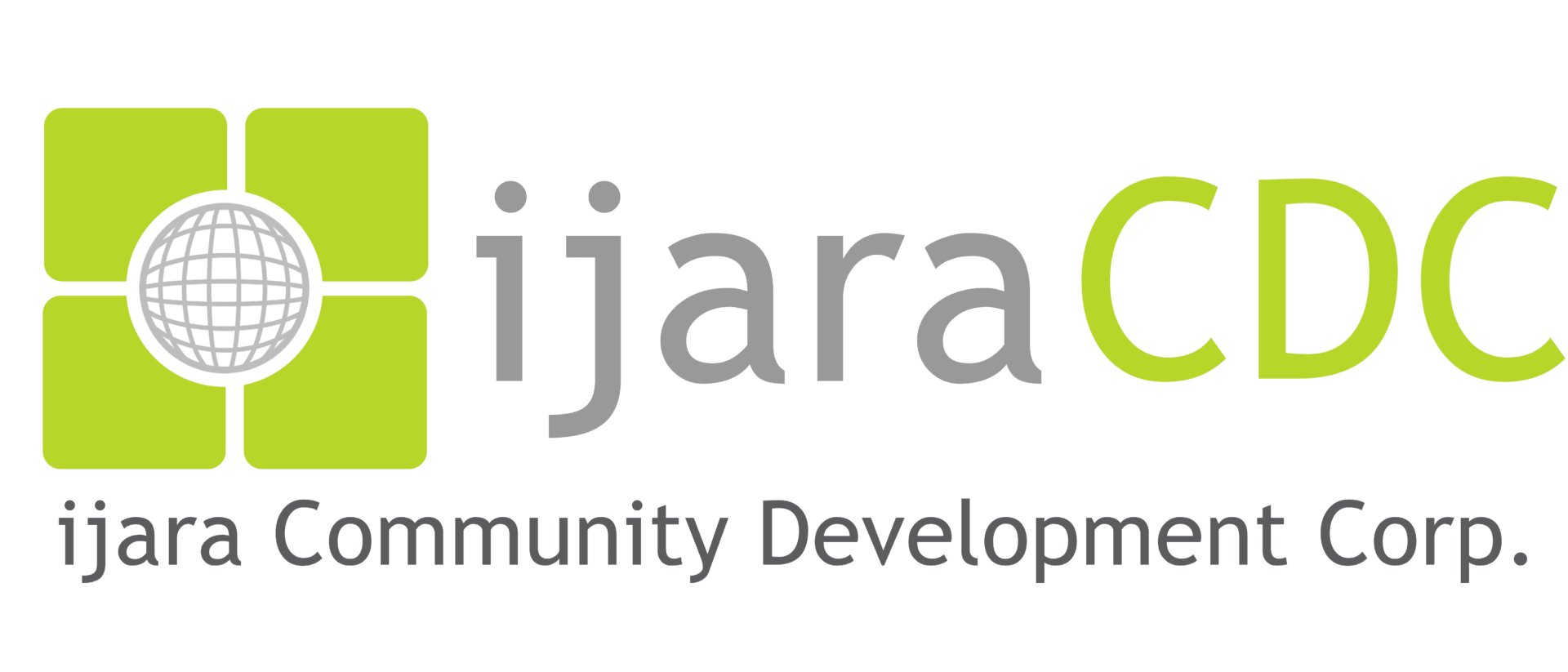Understanding how Islamic Finance works is important in order to be Shariah compliant. This banking system is based on Islamic law or shariah. Most banking transactions that are shariah compliant must be honest about their profit and losses in terms of both sellers and buyers. Also, any form of interest is generally prohibited.
Ultimately, the most common type of trade, Musawamah, involves a transaction where the selling price of a good or service is a process of negotiation between the seller and the buyer, with the buyer being unaware of the actual cost. The seller is not obligated to inform the buyer of the price that they paid to make or obtain the particular product or service for sale. This form of transaction can only be used from the seller himself cannot determine the exact cost of the item. It should not be used in order to gain excess profit from an item.
Musawamah is much different then another Islamic Finance transaction Murabaha, where the buyer knows the cost of the item.
In order to follow shariah law, there are three specific restrictions that exist:
- The product, property or service must be owned entirely by the seller at the time of sale.
- The item must be usable and valuable in some way and in good condition.
- The sale must take place when the item is traded, not any other time in the future. Any sale made at a later date is void and null.
In terms of mortgage, this is the negotiation of a selling prices between a buyer and a seller. There is no reference to the actual cost of the home or the asking price. Ultimately, Musawamah is one of the most common types of Islamic finance used in modern day mortgages and buying and selling of homes (property).
In terms of business, Musawamah may not be the best choice for someone to use as they may spend more money then an item is worth. In the long term, Islamic finance transactions such as Musawamah are not ideal. However, some buyers may bargain their way into a good deal. Regardless of the transaction at hand, understanding and following through with transactions so that they are Shariah-compliant are an important and necessary part of life and the banking world.

